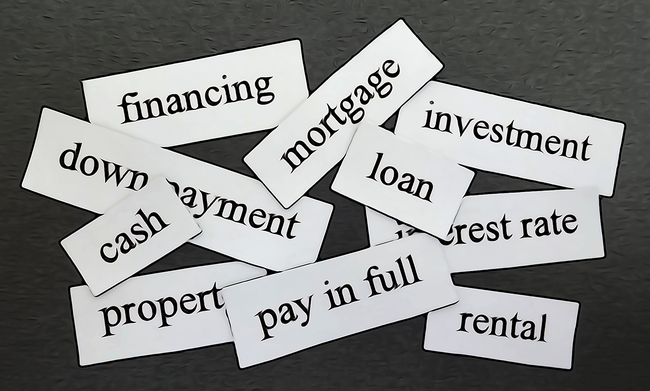First-time home buyers normally do a lot of research to learn about factors affecting Bay Area mortgage rates. This knowledge enables them to identify the most suitable time to buy a house as well as the best mortgage lender. While some people get their information from mortgage advisers at their banks, others trust private mortgage advisers more. There are also those who do their own research to get as much information as possible before approaching a mortgage broker or lender for mortgage pre-qualification. The following are factors affecting mortgage rates in California’s Bay Area.
i) Credit Scores
Your credit score is a measure of your financial competence or trustworthiness. A high score shows that you are financially responsible and trustworthy. It is basically a reflection of your ability to service a credit facility without default. If you have a poor credit score, either due to missed credit card payments, bankruptcy or foreclosure, you can expect lenders to quote high mortgage interest rates. For this reason, you may want to check your credit report for errors and have them rectified. If there are no errors, consider taking your time to rebuild your credit before applying for a mortgage to ensure you get an affordable mortgage.
ii) Type of Mortgage
There are special home loans for certain groups of consumers, such as veterans, active military personnel, first-time home buyers and low income households among others. The government has special programs to ensure these special groups are properly housed in an affordable manner. These special home loans usually come with low interest rates and zero, or low, downpayment requirement. Be sure to research extensively and consult experts to find out if you qualify for a special type of home loan because the type of loan you apply for will significantly affect the interest rate you pay.
iii) Inflation
 The rate of interest charged on home loans is also affected by the prevailing rate of inflation. However, only adjustable rate mortgages (ARMs) can be affected by inflation. If you apply for an adjustable rate mortgage, which is adjusted annually for inflation, the mortgage rate you pay will fluctuate from year to year depending on economic conditions. A rise in inflation will lead to an increase in interest rates and vice versa. If you would like to pay a fixed rate of interest on your home loan, consider getting a fixed rate mortgage at a time when interest rates are low.
The rate of interest charged on home loans is also affected by the prevailing rate of inflation. However, only adjustable rate mortgages (ARMs) can be affected by inflation. If you apply for an adjustable rate mortgage, which is adjusted annually for inflation, the mortgage rate you pay will fluctuate from year to year depending on economic conditions. A rise in inflation will lead to an increase in interest rates and vice versa. If you would like to pay a fixed rate of interest on your home loan, consider getting a fixed rate mortgage at a time when interest rates are low.
iv) Government Policy
There are times when the government may lower the base or prime lending rate to stimulate economic growth by enticing potential buyers to apply for mortgages and buy homes, which will in-turn create a demand for new homes, construction services and construction jobs among other things in the economy. If the government adopts this policy, the interest rate on a typical mortgage will reduce significantly, whether its a fixed rate mortgage or adjustable rate mortgage.
v) Type of Lender
Your choice of lending company will affect the rate you’ll pay on your mortgage. Ideally, you should take your time to compare mortgage companies. Consider consulting a mortgage adviser to advise you accordingly. Be sure to also use online resources, such as websites which compare mortgages in the area. Lenders have different profit appetites and overhead costs, which may affect the mortgage rate they quote, so take your time to find the right lender.
The best time to apply for a mortgage, therefore, is when all the “stars” are “aligned”. Start by building or maintaining a high credit score while searching for the right lender. Identify the right mortgage type as you wait for lenders to quote the lowest rates possible before applying for a home loan.
